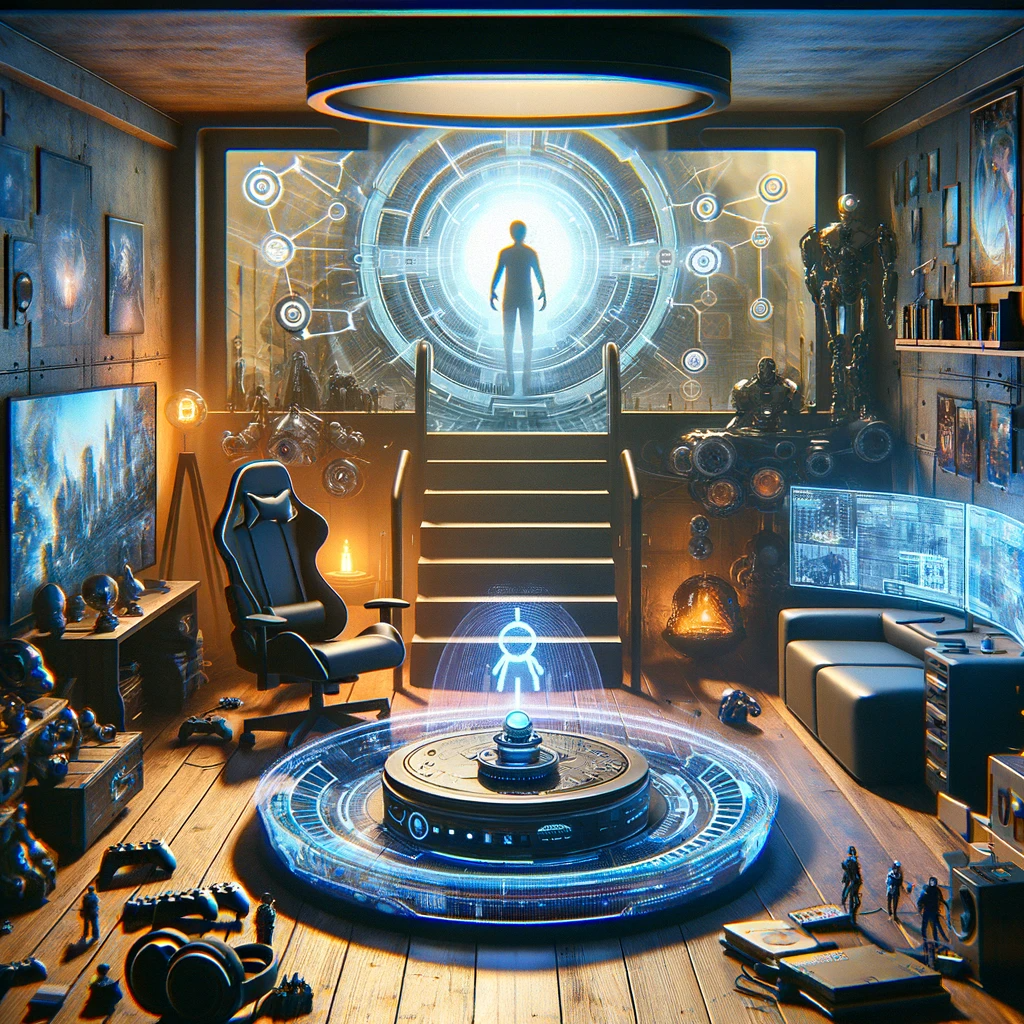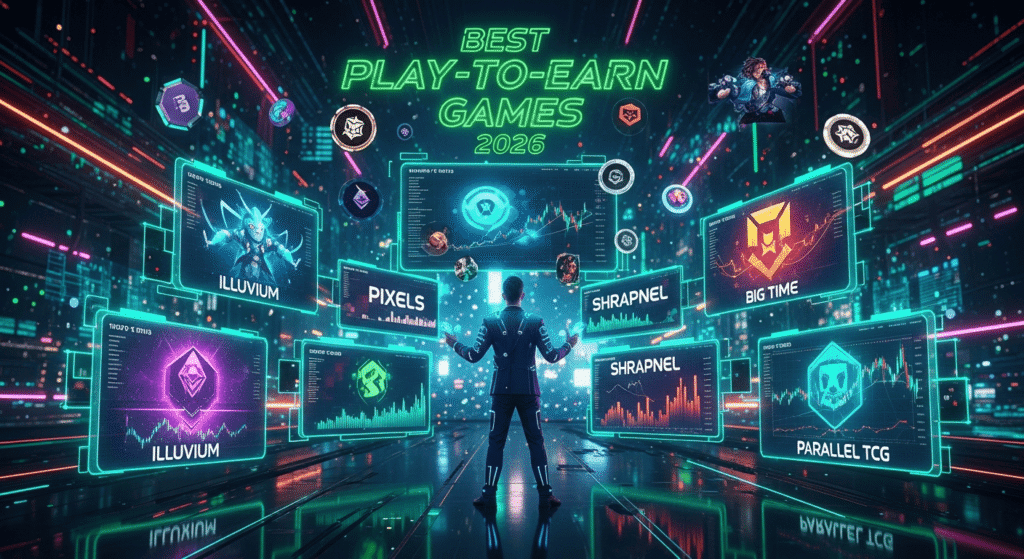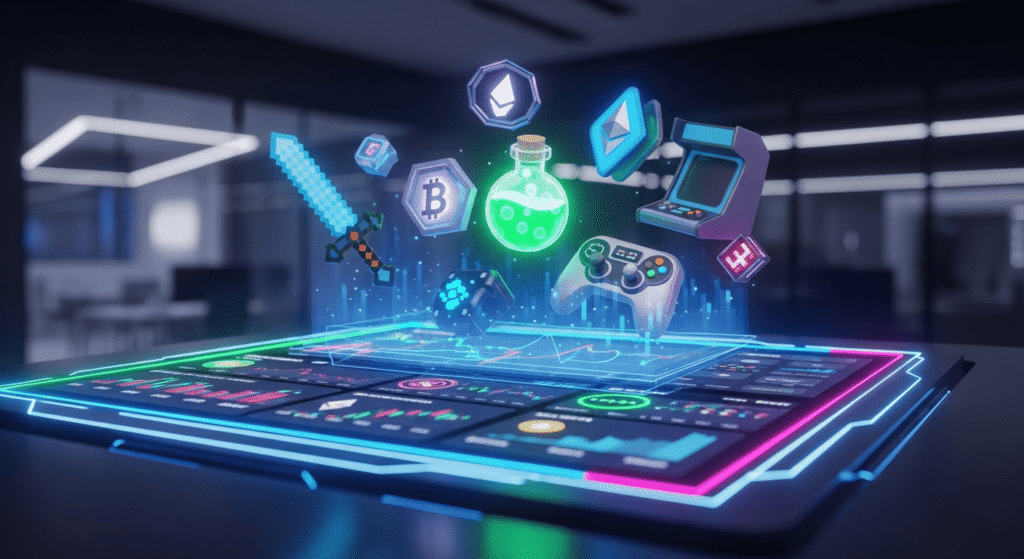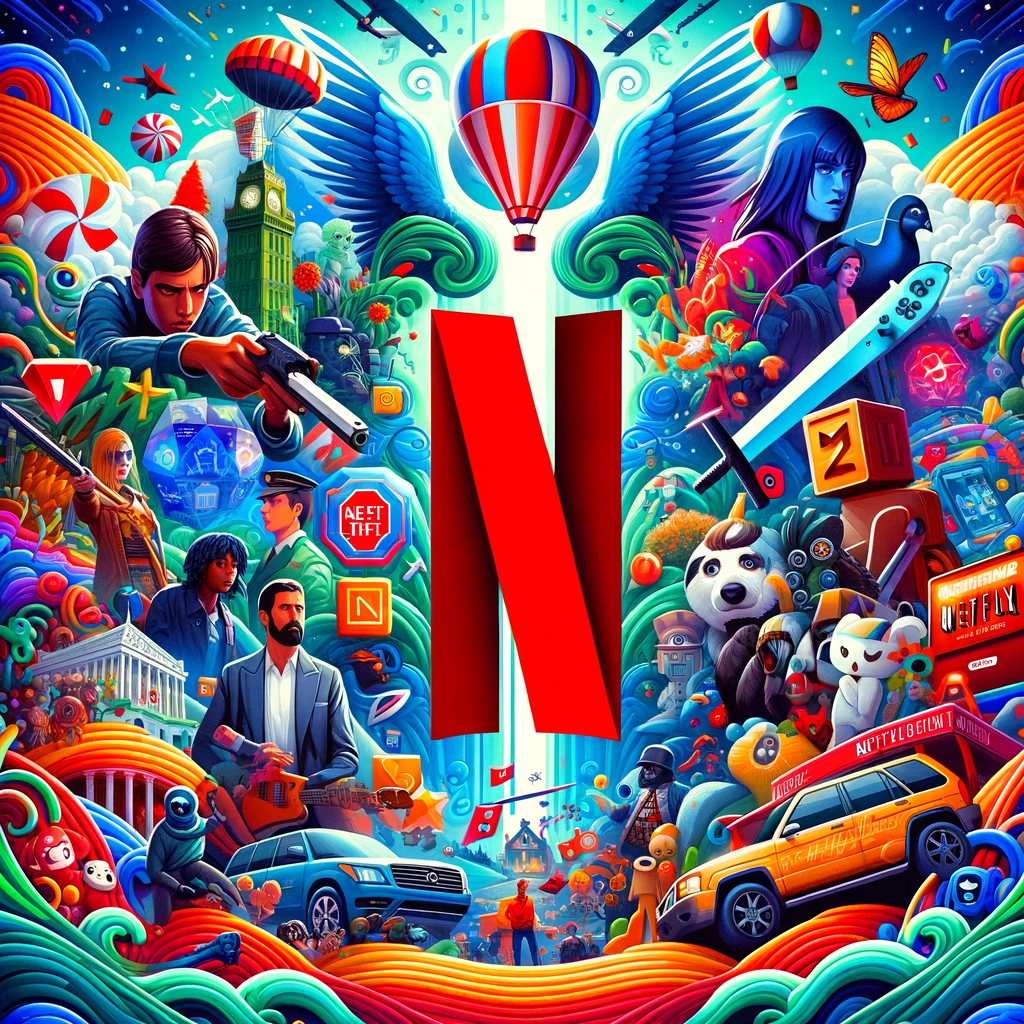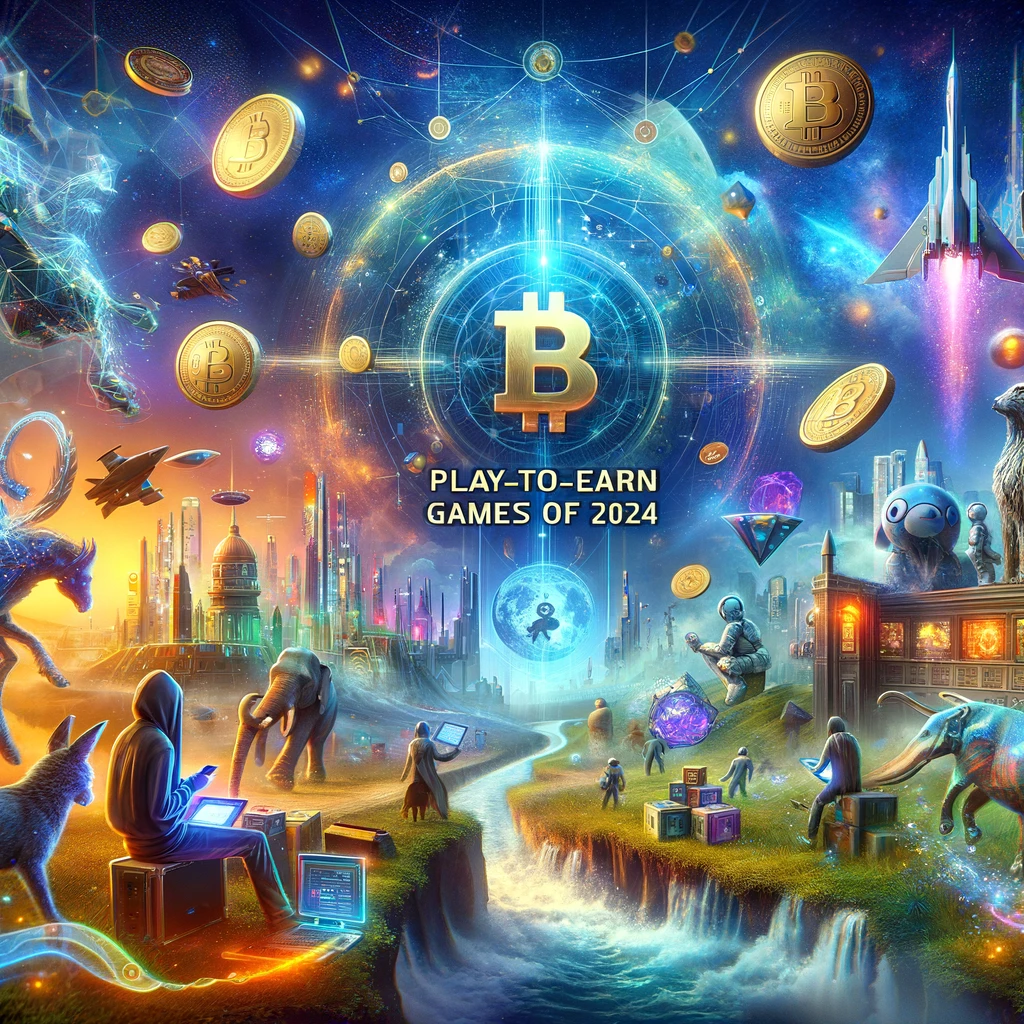How AI Transforming Video Game Development: 7 Key Innovations
The integration of Artificial Intelligence (AI) in various fields has been nothing short of revolutionary, and its impact on video game development is particularly significant. AI’s ability to learn, adapt, and perform tasks that typically require human intelligence has opened up unprecedented possibilities in the gaming industry. This article delves into how AI is reshaping the landscape of game development and what future advancements we might anticipate.
1. Creation of Dynamic and Adaptive Content
AI’s most striking contribution is the development of dynamic and adaptive game worlds. These environments respond in real-time to player actions, ensuring each gaming session is unique. AI algorithms can modify game environments, enemy behavior, and even storylines based on player decisions and styles. This dynamic adjustment not only keeps players engaged but also adds a layer of personalization to the gaming experience. Imagine a game where the narrative and challenges evolve based on your choices, making each playthrough a distinct experience.
2. Enhancement of Non-Playable Characters (NPCs) AI
Non-playable characters (NPCs) play a pivotal role in enriching the gaming experience. AI elevates these characters to new heights of complexity and realism. NPCs powered by AI can learn and evolve based on player interactions, leading to more authentic and unpredictable gaming scenarios. This advancement not only enhances the gameplay but also adds depth to the narrative, as NPCs can now provide more nuanced and context-sensitive responses.
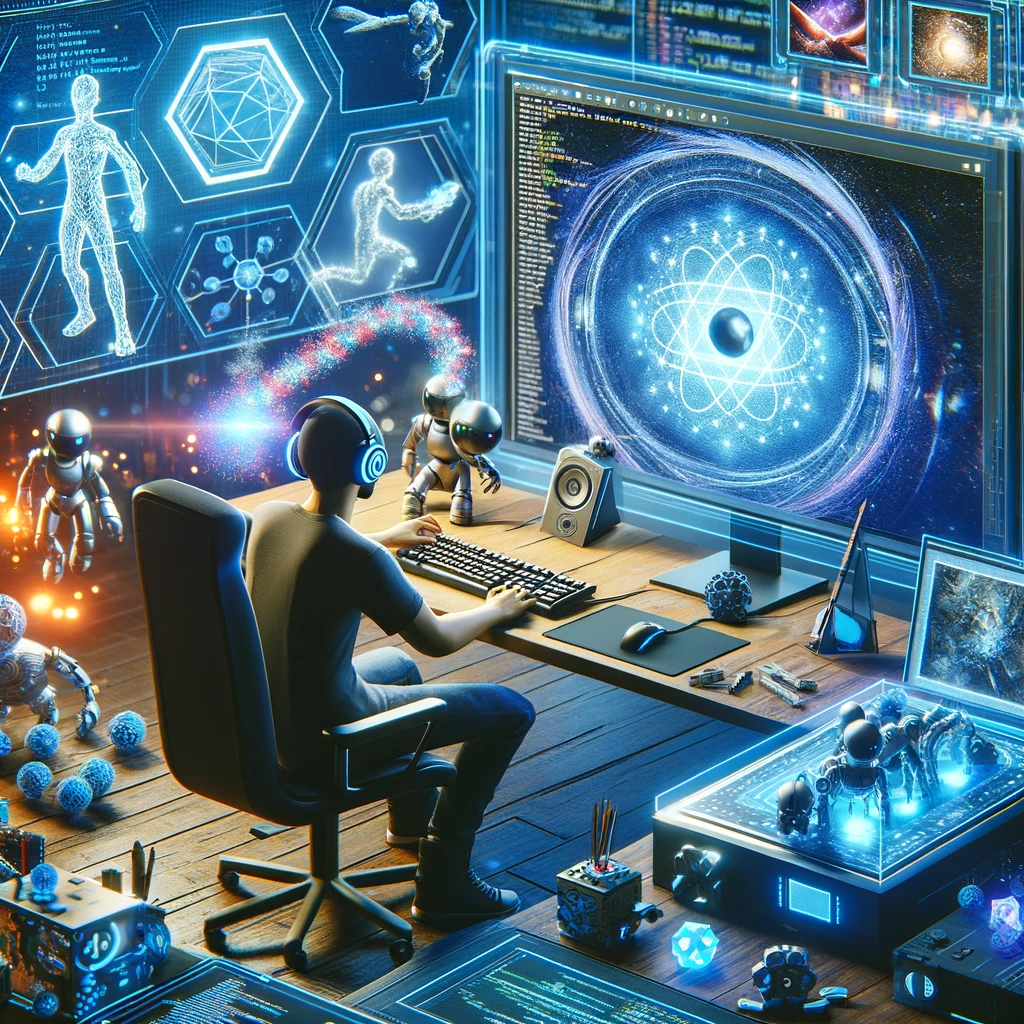
3. Natural Language Processing and Interactive Dialogues
The integration of Natural Language Processing (NLP) is transforming player-game interactions. Games equipped with advanced NLP allow for more sophisticated and natural dialogues with NPCs. This technology enables players to communicate with game characters in a way that feels more conversational and less scripted. The implications for storytelling and character development are immense, opening doors to more immersive and emotionally engaging narratives.
4. Automated Level and Scenario Design
AI is revolutionizing game design by enabling the automated generation of levels and scenarios. Machine learning algorithms can create diverse and intricate game environments, significantly reducing the time and effort required in the design process. This automation not only accelerates development but also introduces an element of unpredictability and variety, as AI can generate unique and challenging game scenarios that might not have been conceived by human designers.
5. More Efficient Testing and Debugging
Game testing, a critical yet time-consuming phase, is being transformed by AI. Automated testing through AI can quickly identify and rectify bugs and issues, streamlining the development process. This efficiency not only shortens the time to market but also enhances the overall quality of the game, ensuring a more polished and bug-free player experience.
Confirmed Airdrop Guide: How to Claim Your FREE $PIXEL Tokens
The 10 Best Play-to-Earn (P2E) Games to Play in 2026
Best GameFi Exchange 2026: Binance vs. Coinbase vs. Bybit
Resident Evil 9: Release Date, Leaked Trailer & New Story Details
🧟 Resident Evil 9: Release Date, Leaked Trailer & New Story Details In 27 February…
Top 5 Open-World Games in 2025: Explore Endless Possibilities
Top 5 Open-World Games in 2025: Explore Endless Possibilities Open-world games have revolutionized the gaming…
Earning Money by Playing: Best NFT Games of the Year
6. Personalized Gaming Experiences
AI is at the forefront of creating personalized gaming experiences. By analyzing player data, AI can tailor games to suit individual preferences, skill levels, and interests. This personalization extends beyond adaptive difficulty levels to include customized narratives, challenges, and even aesthetic elements, offering a truly individualized gaming experience.
7. Impact on Virtual and Augmented Reality
In the realms of Virtual Reality (VR) and Augmented Reality (AR), AI’s impact is profound. AI enhances the immersive quality of these experiences by dynamically adjusting virtual environments and facilitating more natural interactions within the game. This technology not only improves the realism of VR and AR games but also expands the potential for innovative gameplay and storytelling within these platforms.
A Horizon of Continuous Innovation
The future of gaming, propelled by AI, is poised to be a landscape of continuous innovation and excitement. The promise of unique, personalized gaming experiences, coupled with more efficient development processes, benefits both players and developers. As AI technology advances, we can expect to see games that are not only more immersive and intelligent but also more surprising, continually pushing the boundaries of what is possible in the gaming world.
As we reflect on the extraordinary advancements in AI and their impact on the future of gaming, it’s clear that we are standing at the threshold of a new era in digital entertainment. The integration of AI in game development is not just about technological progress; it’s about creating deeper, more immersive experiences that resonate on a personal level with gamers.
From NPCs that can learn and adapt, to game worlds that evolve with each decision, AI is shaping games to be more than just a pastime — it’s transforming them into dynamic stories where every player can be the protagonist. The future of gaming, empowered by AI, promises a journey where the boundaries between the virtual and real worlds blur, offering experiences we’ve only begun to imagine. As gamers, developers, and enthusiasts, we are witnessing a revolution that is redefining entertainment, creativity, and interaction. The next chapter of gaming is being written right now, and it’s not just about playing a game; it’s about living a unique story crafted by the incredible potential of artificial intelligence.

